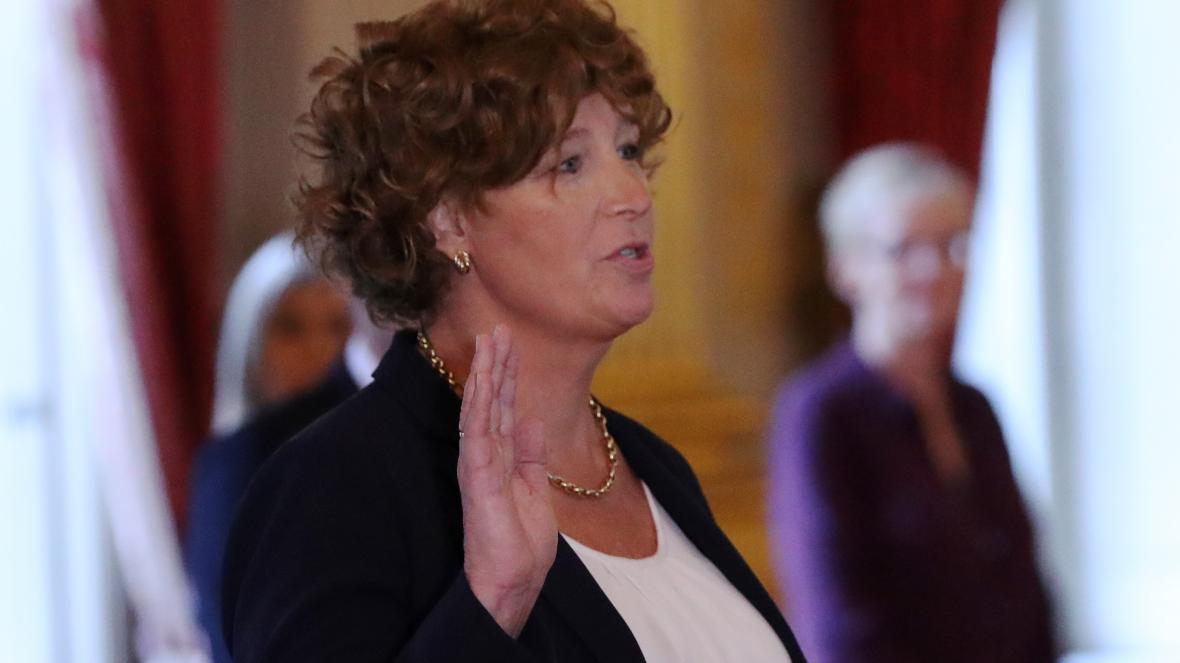The 21st century has shown massive progress when it comes to representation and diversity in world governments. This evolution has been long-awaited for people of colour, women, queer folks and people with disabilities who have felt unrepresented for years.
Representation in politics and government is vital for individuals to feel like the issues they face matter. The world needs leaders from all backgrounds and ethnic groups who can advocate for them and provide equal opportunity. “The 2017 Parliament has a record number of ethnic minority MPs, at 52 – almost twice as many as the 27 elected to the 2010–15 Parliament,” states an article on the Ethnic Minorities at the 2017 British General Election. During this year, 10% of Labour’s candidates and 7% of the Conservatives’ candidates were from an ethnic minority background, which is an increase from past years. This is great progress; however, it does not actually represent the citizens of the UK. The Institute of Race Relations estimated that around 13% of the UK’s population consists of ethnic minorities. These folks need to be advocated for in the Government by individuals from their communities who understand what policies need to be enforced.

“Several studies since 1974 have shown that non-registration among ethnic minorities in Britain is significantly higher than among white people,” says Muhammad Anwar in the Journal of Ethnic and Migration Studies. The article also states that “the 1991 Census showed that the ethnic minority population in Great Britain was 3.1 million.” Although this number has increased, Voter registration among immigrants in the UK is deficient, due to current laws and regulations. “Not voting is not the problem, not voting is the symptom,” says Summer Lee, in a TED Talk on how Representation Can Fix Democracy. She stresses the fact that black people don’t feel like their vote would matter because their issues have never been represented on a ballot and because no matter who wins, “the conditions of their communities [won’t] change in any real way.”
In recent years, there have been a lot of firsts in political elections. In 2009, Jóhanna Sigurðardóttir became the world’s first openly LGBTQ+ head of government. “Marie Cau became France’s first transgender politician when she was elected Mayor of Tilloy-lez-Marchiennes earlier this year, and Italy’s first transgender politician Gianmarco Negri took office as mayor of Tromello last year,” according to CNN.
Alexandria Ocasio-Cortez, the youngest woman ever to serve in the United States Congress, is a vocal advocate for representation in government. Coming from a working-class family herself, she encourages people to speak up and fight for their rights. Ocasio-Cortez graduated from Boston University with a degree in international relations and economics. Still, at the time of her campaign, she worked in a restaurant to support her family. “So, take up space. Speak up. Hold the door open and take others with you. Accept that you will be criticized no matter what – that is the price of fighting for change and innovation,” she said.
Recently, Belgium elected Europe’s most senior transgender politician, Petra De Sutter. She has been appointed one of the seven Deputy Prime Ministers of Belgium. As a professor of gynaecology at the University of Ghent, she is an advocate for women’s reproductive rights and is very open about her experience as a trans woman. “Even as an adult, I felt discriminated. I was forty when I decided to fully become the woman that I always were. [Because] of this decision, I lost colleagues, people I knew and even friends,” she confessed during an interview published on her website.
The World Trade Organization is to be run by a woman for the first time as the final two candidates for the new director-general are both female. Ngozi Okonjo-Iweala is a development economist and Nigeria’s former finance minister. Her competitor is South Korean trade minister, Yoo Myung-hee, a trade specialist who has been involved in some of South Korea’s most important trade negotiations during 1995.

Representation of marginalized individuals, people of colour, women, LGBTQ+ folks and people with disabilities has been increasing, but it needs to get even better to empower the public and make a change in their communities.
Feature Image from The Times

